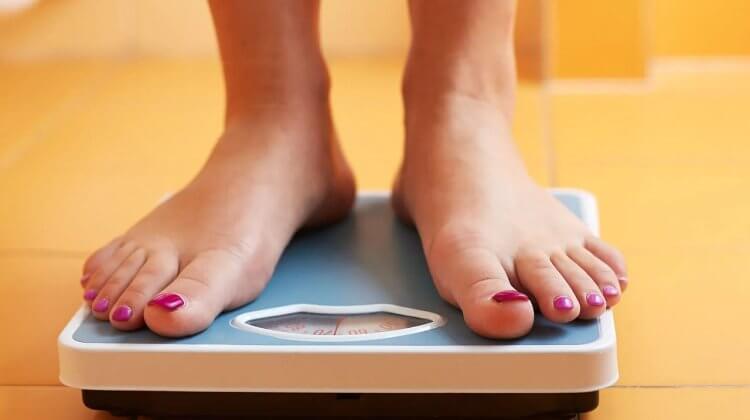
Dear Lyle,
I am female and following the body opus diet. I eat no carbs from Sunday at 4 pm untill friday at 4pm following a depletion workout. I want to burn bodyfat but I am gaining weight over the recomp period from fri afternoon to sunday. I am sure some of it is water weight but it is frustrating none the less. I am 5 3 130 pounds eating around 1340 cal through the week . I get at least 4 cardio sessions during the week of 30 minutes or longer . and 3 weight lifting days.
Annie
Please toss out you scale, it will drive you nuts, especially on a cyclical ketogenic diet. I’ve seen weight shifts over a carb-up as little as 1 lb and as much as 14 lbs. But it’s all just water and glycogen (which makes up 5-7 lbs in an average person). Comparing your Fri (pre-carbup) to Mon (post-carbup) weights isn’t going to tell you anything meaningful about your body composition changes (the change in relative amounts of fat and lean body mass).
If you must use the scale, at least compare similar time points (such as pre-carbup to pre-carbup and post-carbup to post-carbup). That is, let’s say you’re driven (as I was during my Bodyopus experience) to weigh on Monday after your carb-up and Friday right before. YOu might see the following numbers over a few weeks.
Mon: 130 lbs
Fri: 125 lbs (most of which is dehydration, but some true fat loss)
Mon: 129 lbs (down 1 lb from previous Monday)
Fri: 124 lbs (down 1 lb from previous Friday)
Mon: 128 lbs
Fri: 123 lbs
Obviously comparing Mon to Fri is giving false values. But the overall trend is a downward loss of weight which is more accurate. I would suggest you invest in some bodyfat calipers (the best for the price are Slimguide calipers available from Health for Life) and take measurements of a few key skinfolds (such as abdominal, thigh and iliac, you’ll have to get a friend to measure your tricep). That will tell you what’s happening with your bodyfat levels.
Finally (whew), I would suggest you raise your calories during the week slightly to no less than 12 calories/lb. At 130 lbs, that would be 1560 calories. I’ve found that taking calories too low will result in a slowing of fat loss.
About the author
Lyle McDonald+ is the author of the Ketogenic Diet as well as the Rapid Fat Loss Handbook and the Guide to Flexible Dieting. He has been interested in all aspects of human performance physiology since becoming involved in competitive sports as a teenager. Pursuing a degree in Physiological Sciences from UCLA, he has devoted nearly 20 years of his life to studying human physiology and the science, art and practice of human performance, muscle gain, fat loss and body recomposition.